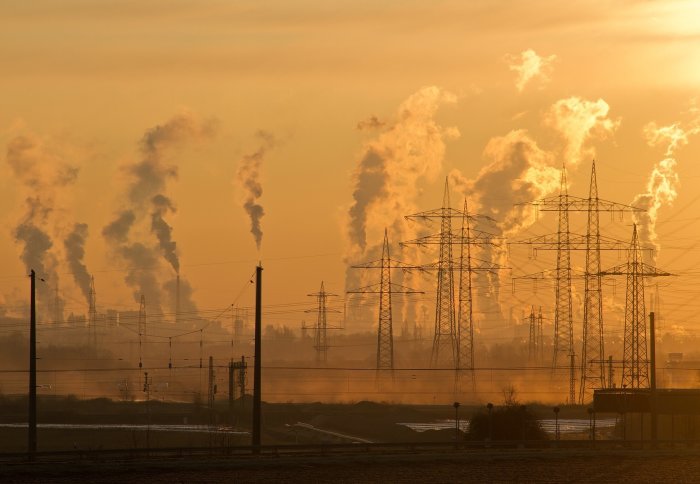CCUS Taskforce urges Government to invest in carbon capture technologies
by Sara West

Urgent investment is needed in carbon capture and storage to secure UK’s position as global leader in the field.
The CCUS (Carbon Capture, Usage and Storage) Cost Challenge Taskforce have published a report detailing the steps needed to develop CCUS in the UK and ensure its place as a leader in decarbonisation.
The report, Delivering clean growth, emphasises the urgency with which Government must act if it intends to meet its goal of deploying CCUS cost-effectively and at scale during the 2030s. The UK has the potential to secure its place as a global leader in this field, but investment in projects must be made now to enable this to happen. Carbon capture and storage is internationally recognised as a means to meet climate change targets, but lacks the infrastructure to enable it to happen on the scale which experts predict will be needed to achieve global emissions reduction.
Established in January 2018, the remit of the CCUS Taskforce is to develop and propose a strategic plan to Government to support the development of CCUS in the UK, and the Government’s commitment to a low carbon future. Chaired by Charlotte Morgan, a Partner in the Global Energy & Energy Infrastructure Group at Linklaters, the taskforce includes over 40 leading experts from across industry and academia.
Delivering clean growth
The report focuses on areas where the public and private sectors can work together, and sets out four key messages for Government:
- The need to recognise the CCUS opportunity and the urgency of acting now in order to deliver CCUS at scale, at lowest cost.
- CCUS can unlock value across the economy to enable low carbon industrial products.
- Viable business models are needed to move the technology to a sustainable commercial footing.
- The taskforce believes that CCUS can already be deployed at a competitive cost, as the project concepts being proposed are comparable on cost with other first of a kind low carbon technologies.
The systems thinking approach sits at the heart of this document and chemical engineers will be pivotal in the delivery of decarbonised energy and industry in the UK. Professor Geoff Maitland, Department of Chemical Engineering Speaking to The Chemical Engineer
It emphasises the importance of creating CCUS clusters on a regional scale, where several facilities share infrastructure and knowledge in order to lower costs, unlock value for local economies, and foster technical innovation.
In addition to reducing emissions, carbon capture and storage offers new opportunities for industry, employment and economic development. As a world leader in addressing climate change, the UK has expertise in the low carbon sector, which has created thousands of domestic jobs. By further specialising in low carbon technologies, there’s greater potential for the creation of more high-value jobs and opportunities to export low-carbon services.
Next steps
The next stage is for the government to respond to the Taskforce Report over the next few months; the initial response of the Energy and Clean Growth Minister, Claire Perry, has been highly favourable. It is anticipated that BEIS will lead on developing a CCUS Deployment Roadmap in the autumn, working closely with the Taskforce Members and the industry on this.
A key event for evaluating progress on the Taskforce recommendations will be the ‘Accelerating CCUS: A Global Conference to Progress CCUS’ conference, taking place 28-29 November in Edinburgh, Scotland and organised by the UK government with international partners. Incorporating two days of CCUS focused events, the conference will gather speakers, delegates from governments, industry, academia and leading experts from around the world to discuss the value of CCUS, business models, the future of CCUS technologies and practical solutions and actions to accelerate the deployment of CCUS globally. The Global Conference will run alongside a CCUS Summit, which will be co-hosted by the UK government and the International Energy Agency on 28 November, bringing together world energy leaders from government and industry to discuss concrete actions to scale up CCUS globally.
Further details on government response and the Global Conference can be found at: https://www.gov.uk/guidance/uk-carbon-capture-and-storage-government-funding-and-support
Article text (excluding photos or graphics) © Imperial College London.
Photos and graphics subject to third party copyright used with permission or © Imperial College London.
Reporter
Sara West
Communications Division